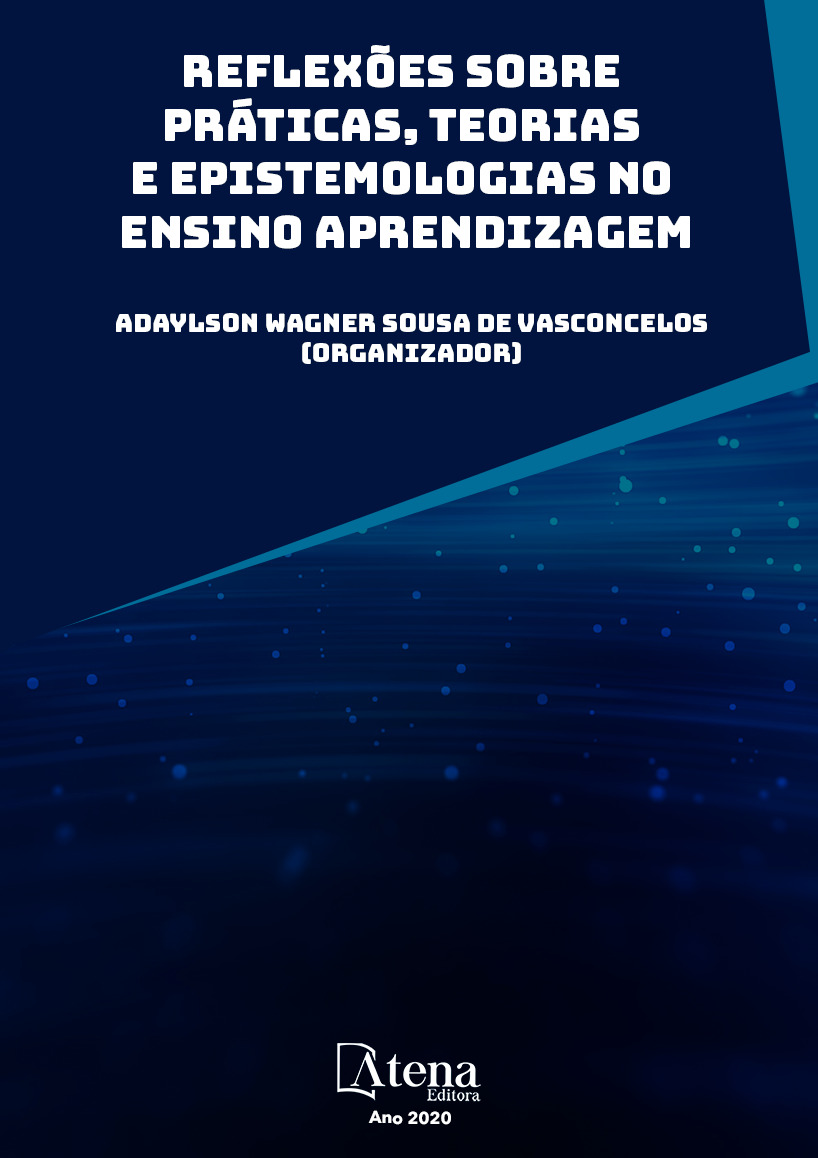
O EMPREGO DO AÇAÍ COMO RECURSO DIDÁTICO NA APRENDIZAGEM SIGNIFICATIVA DOS CONCEITOS AMBIENTAIS
Esta pesquisa configura-se como
um estudo preliminar que teve como base para
a sua construção a Teoria da Aprendizagem
Significativa como principal elemento condutor
da aprendizagem, uma vez que os elementos
do meio social e ambiental que o educando
encontra-se inserido foram utilizados como
estratégias de ensino na construção de
conceitos associados com educação ambiental.
Mais especificamente, a partir das vivências dos
alunos para trabalhá-los em sala de aula, para
que as abordagens dos conteúdos específicos
se tornem atrativas e, assim, obtenha-se um
ensino significativo para o educando, ao tempo
que ele possa sentir-se parte integrante dos
processos de ensino e aprendizagem. Diante
disso, procurou-se desenvolver atitudes
conscientes e críticas frente aos problemas
ambientais a partir do seu conhecimento prévio
sobre a temática. Esta experiência foi realizada
com alunos do 3º ano do ensino fundamental
de uma escola pública estadual de Belém/PA.
Inicialmente, foi realizado um levantamento
bibliográfico para dar suporte teórico à pesquisa
e posteriormente, articulou-se teoria e prática
como estratégias pedagógicas. A fonte de
tomada de dados foram as falas orais transcritas,
bem como os desenhos feitos pelos educandos.
A partir da análise dos dados obtidos, concluise
que, foi possível estimular o interesse e a
participação ativa dos alunos nas atividades
propostas,despertando uma consciência
reflexiva a partir dos significados existentes e
atribuídos aos problemas ambientais existente.
O EMPREGO DO AÇAÍ COMO RECURSO DIDÁTICO NA APRENDIZAGEM SIGNIFICATIVA DOS CONCEITOS AMBIENTAIS
-
DOI: 10.22533/at.ed.15320120229
-
Palavras-chave: Aprendizagem Significativa, Educação Ambiental, Açaí e Cultura.
-
Keywords: Meaningful Learning, Environmental Education, Açaí and culture.
-
Abstract:
This research is configured as a preliminary study that had as base the
Meaningful Learning Theory as the main driver of learning, once the elements of the
social and environmental field that the teacher is within were used as teaching strategies
in the creation of concepts related to environmental education. More specifically, from
the students’ experiences to work them in classroom, so that the specific contents’
approaches become attractive and, thus, obtain a meaningful learning to the students,
so they can feel as a part of the teaching and learning process. On this, it was sought
the development of conscious and critical attitudes towards environmental problems
through their previous knowledge about the subject. This experience was carried
out with 3rd grade students of elementary school of a state public school in Belém/
PA. Initially, was made a bibliographic research to give a theoretical support to the
research and after, theory and practices were used as pedagogical strategies. The
data source were the transcribed oral speech, as well as the drawings made by the
students. Through the analysis of the data obtained, it was reached the conclusion that
it was possible to stimulate students’ interest and active participation in the proposed
activities and to create a reflective awareness based on meanings attributed to real
environmental problems.
-
Número de páginas: 14
- Thaila Cristina Barbosa Damasceno
- Cassia Regina Rosa Venâncio
- Tânia Roberta Costa De Oliveira
- Penn Lee Menezes Rodrigues
- Jéssica Silva Da Silva


